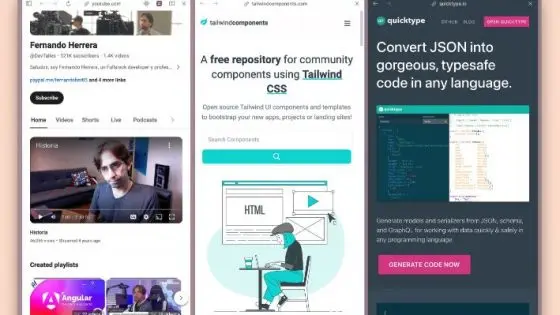The most dissatisfied IT employees in Sweden and the Netherlands

After the challenging year 2022, especially young technology workers are increasingly returning to offices and are more satisfied with their jobs there.
The level of job satisfaction among young technology workers in Europe increased again this year. The share of employees who feel dissatisfied with their position fell from 35 % in 2022 to 15 % in 2023.
The findings come from the Young Generation in Tech report (supported by Eight Roads Ventures Europe and HR platform HiBob), which surveyed 2,000 employees aged between 20 and 30 working in IT companies in seven countries: in the United Kingdom, Ireland, France, Spain and Germany, Sweden and the Netherlands.
Almost half of the respondents declared that they were "very satisfied" with their role, and 63 % of them intend to stay in their workplace in the near future. A year ago, the same group reported disappointment, with one in four on the verge of quitting their job.
Meanwhile, the vast majority of respondents (82 %) stated that their experience in the company they work in "meets" or "exceeds expectations". As many as 77 %s said that they had been promoted at least once in the last 24 months.Â
Still, not everyone is satisfied. Among the respondents, Dutch and Swedish technology workers reported the highest level of dissatisfaction, namely 17.7 % and 25.3 %, respectively. In addition, the majority of respondents from both countries expressed zero confidence in the companies they work for. This figure reaches 32.2 % in Sweden and 38.7 % in the Netherlands, while the European average is 28.19 %. What is even more worrying is that more as half of the respondents in all regions stated that they were almost or completely untrustworthy.
Salary is still the main motivating factor
When deciding whether to stay or leave a job, the top two most important factors were salary and promotion. Other motivations included company growth and success and job flexibility.
In addition to salary, respondents most valued hybrid and flexible forms of work, followed by training and development budgets and benefits for good work performance. The four-day work model and the possibility of working from anywhere for a certain amount of time came in fourth and sixth place.
Although flexibility is a top priority, young tech workers are returning to the office. More as half of all respondents stated that they prefer to work in the office four to five times a week. Hybrid work was in second place with 34.49 %, with nearly 40 % employees reporting that they feel equally engaged both at home and at the office.
Only 9.38Â % respondents gave priority to remote work, while Äemer this type of work organization is most valued by employees in Ireland and France.
Adoption of artificial intelligence
Despite the fear of artificial intelligence taking over jobs, 78 % respondents were convinced of the positive impact of technology on their role. Most of them stated that artificial intelligence will increase their productivity, efficiency and creativity, while only 11 of them oppose the use of AI tools.





























